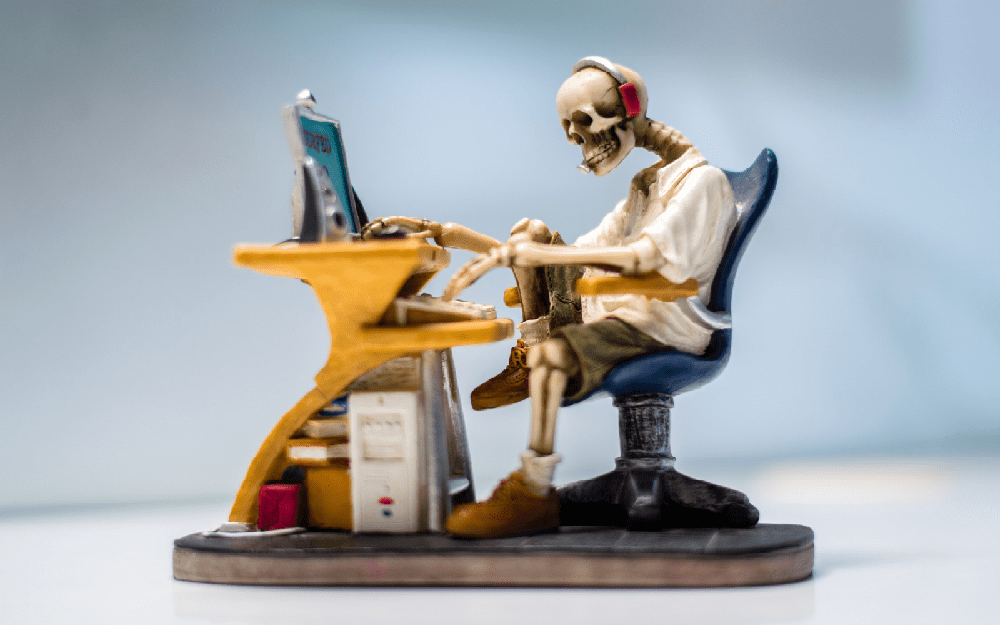
To code or not to code, that is the question? Many lawyers believe learning to code is a waste of time and will do nothing to help them succeed as a lawyer. Others argue that coding is an essential skill in an industry finally embracing technology. Some even predict that before long, all lawyers will be coders. Who’s right?
Let’s start by agreeing that law tech is not a fad. Admittedly, the legal profession is not renowned for being forward thinking, but I think we can safely say the penny has finally dropped. Technology is altering the way lawyers work by simplifying the way documents are produced, speeding up research, transforming due diligence and disclosure exercises, and reducing administration costs. While nothing is certain, it’s a reasonable bet that law tech is going to continue evolving and will do so rapidly.
That’s all well and good some lawyers say, but why does this mean lawyers need to code? Arguments against it range from “Lawyers would be better off learning to use Word and Excel properly” to “Lawyers should learn to work with coders, not become coders” to “Lawyers should spend their time learning specialised legal skills that can help them deliver a better service to clients”.
What is coding?
Before giving the flip side to these arguments, we should take a step back and look at what coding is. In brief, coding is a language used to get a computer to behave the way you want it to. The skills needed for coding share a lot of those required for being a lawyer such as being able to express yourself logically and without ambiguity. The important thing though is that coding is a language.
Lawyers who are expert coders
US lawyer Jason Morris argues in an article in Medium that some lawyers need to be expert coders and that they are needed now. “There are legal services which we clearly need, which cannot be effectively provided by a lawyer who cannot read and write, at an expert level, the language in which the relevant rules have been expressed,” he says. “We cannot get by in a world that operates in one language and lawyers who only speak another.”
What about the rest?
What about the other lawyers who are not required as expert coders? What do they need to know?
Slaughter & May’s Knowledge & Innovation Manager Emma Watson believes “lawyers may not need to be coders, but they will need to be digitally literate”.
“By having an understanding of the link between computers/coding and the legal sector,” she says, “lawyers will be able to make the most of advances in legal tech, but more importantly they will be able to understand the art of the possible. Lawyers with a greater digital literacy will be better placed to advise their clients on the impact of disruptive tech.”
It’s the crossover between soft skills (human and legal) and technology that’s important. Steve Jobs was, as usual, ahead of his time when he said tech alone is not enough: “It’s technology married with liberal arts, married with the humanities, that yields us the results that make our heart sing.” I doubt law, even combined with tech, will ever make anyone’s heart sing, but you get the point.
Lessons from Deep Blue
Former world chess champion Garry Kasparov explains this concept brilliantly in his book about Deep Blue, the first computer chess programme to beat a world champion (Kasparov himself). Kasparov subsequently started a new form of chess involving humans and computers. What he found was that a human and a computer would always beat a computer on its own.
More interestingly, he found that a computer plus a mediocre chess player with a good understanding of how to make the most of the computer’s capabilities would beat a much better chess player who was not as adept at using the computer’s capabilities.
The analogy with lawyers is obvious.
Many of the larger law firms have bought into this and several are offering training contracts and graduate schemes with a focus on technology. Among these are Clifford Chance, which has launched a training contract specifically focus on law tech called Ignite. Ignite that will take on five trainees in autumn 2021.
Another is Addleshaw Goddard, which offers a seat to trainees in the firm’s in-house innovation and legal technology team as part of their training contract rotation.
Addleshaw Goddard’s Kerry Westland, head of innovation and legal technology, expresses what no doubt a lot of junior lawyers think when she says: “People who are growing up with tech are future clients. And we, as lawyers, need to train our new joiners to understand that.”
